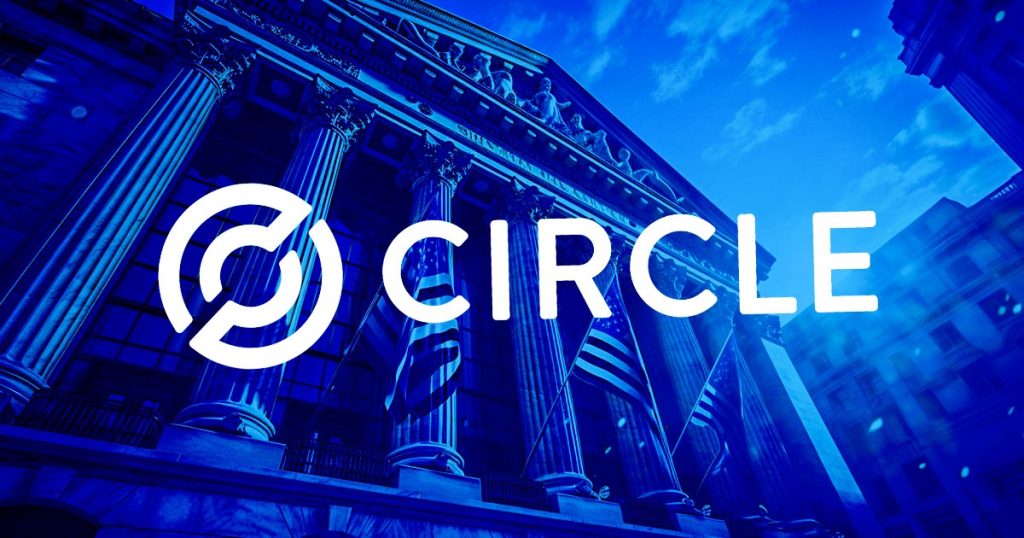Crypto Regulation Gets Tough in Turkey With New Limits and Penalties



The post Crypto Regulation Gets Tough in Turkey With New Limits and Penalties appeared first on Coinpedia Fintech News
Turkey has issued a sweeping crackdown on crypto transactions, introducing new transfer limits, mandatory waiting periods, and anti-money laundering (AML) policies in a bold move to tighten oversight.
On June 28, the Financial Crime Investigation Board (MASAK), under the Ministry of Treasury and Finance, announced a new regulation published in the Official Gazette to curb illicit activity in the crypto sector. These changes fall under Law No. 5549 , aiming to boost transparency and financial security.
Key Crypto Rules Under Turkey’s Law No. 5549
The new General Communiqué No. 29 outlines a set of mandatory compliance measures for Crypto Asset Service Providers (CASPs):
-
Waiting Periods:
-
Minimum
48-hour delay
for all crypto transfers
-
72-hour waiting period
for
first-time withdrawals
from crypto storage accounts
-
Minimum
48-hour delay
for all crypto transfers
-
Transaction Requirements:
-
All transactions must include
user identification
-
A
minimum 20-character transaction explanation
is now compulsory
-
All transactions must include
user identification
-
Transfer Limits:
-
$3,000
max for
single transfers between platforms
-
$50,000
is the new
daily cap
for crypto transfers
-
$3,000
max for
single transfers between platforms
-
AML Measures:
-
CASPs must create internal
risk management policies
-
All AML processes must be
independently audited and certified
-
Platforms must detect and report
suspicious activities
-
CASPs must create internal
risk management policies
Exemptions and Penalties
Activities such as liquidity provision, market making, or arbitrage may be exempt from these restrictions—but only with the approval of the platform’s board of directors.
If abused, exemptions will be revoked immediately, and non-compliant Virtual Asset Service Providers (VASPs) will face strict penalties.
[post_titles_links postid=”476768″]Why Turkey Is Cracking Down on Crypto in 2025
Turkey is among the leading countries in crypto adoption . However, rising fraud and concerns over illicit finance have pushed regulators to act. With the implementation of Communiqué No. 29, MASAK is prioritizing security, investor confidence, and compliance with global financial standards.
Authorities have made it clear: crypto platforms must now align with international AML norms or face serious consequences.
Final Thoughts
Turkey’s 2025 crypto regulation push marks a decisive shift toward a fully compliant digital asset ecosystem. With real-time transaction monitoring, identity checks, and enforced limits, the government is aiming to eliminate crypto-related financial crimes and build a trustworthy environment for investors.As global interest in crypto rises, Turkey is positioning itself as a regulated hub—one that balances innovation with investor protection.
[article_inside_subscriber_shortcode title=”Never Miss a Beat in the Crypto World!” description=”Stay ahead with breaking news, expert analysis, and real-time updates on the latest trends in Bitcoin, altcoins, DeFi, NFTs, and more.” category_name=”News” category_id=”6″]FAQs
Turkey’s crackdown aims to combat money laundering and financial crime, aligning with global standards. New rules mandate detailed source/purpose checks for transfers, introduce withdrawal delays, and impose daily/monthly limits on stablecoin transfers to prevent illicit fund outflows. This comes after past exchange collapses and concerns about crypto’s use in illegal activities like terrorism financing.
These stricter regulations may hinder market activity and user access in the short term, potentially driving some users to unregulated or offshore platforms seeking fewer restrictions. However, the government states it intends to maintain “space for legitimate crypto asset activities” and aims to boost trust, which could attract larger, compliant firms long-term.
Turkey’s new regulations, particularly those from March and June 2025, are designed to align with international standards, including the EU’s Markets in Crypto-Assets (MiCA) framework. They introduce licensing, operational oversight, and AML requirements similar to those in major markets, though some areas like best execution or IT system specifics may still differ from MiCA.

Circle Files for National Trust Bank License in the U.S.
The post Circle Files for National Trust Bank License in the U.S. appeared first on Coinpedia Fintec...

Solana Did 100x After Binance Listing—KNCH Just Hit BitMart, LBank & XT (Better Tech, Lower Entry)
The post Solana Did 100x After Binance Listing—KNCH Just Hit BitMart, LBank & XT (Better Tech, Lower...

Arbitrum Price Analysis: Can Robinhood’s Involvement Boost Bullish Sentiment for $ARB Price Soon?
The post Arbitrum Price Analysis: Can Robinhood’s Involvement Boost Bullish Sentiment for $ARB Price...

